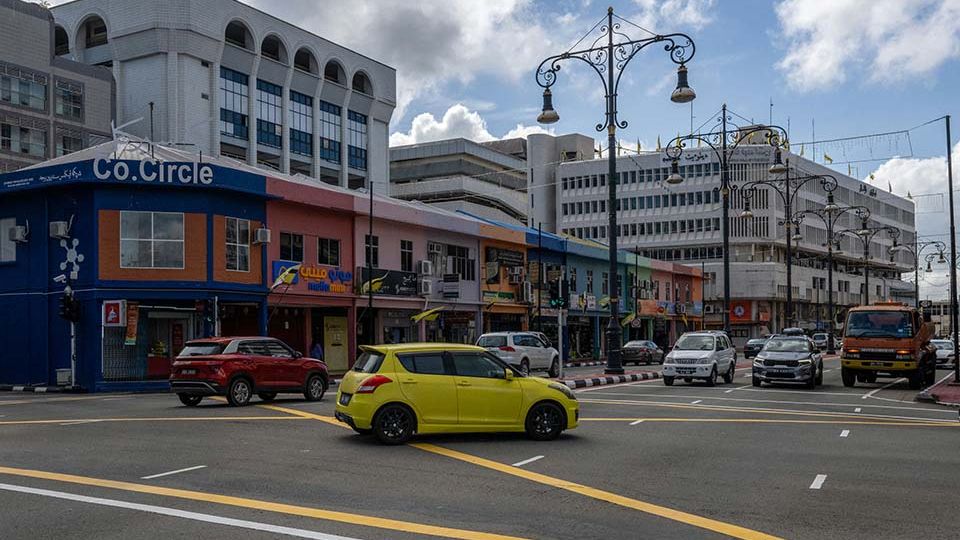May 22, 2025
BANDAR SERI BEGAWAN – Brunei Darussalam’s economy recorded its fastest growth in over two decades last year, expanding by 4.2 per cent in 2024 – the strongest since 1999 – driven primarily by a robust rebound in both upstream and downstream oil and gas (O&G) activities, according to the ASEAN+3 Macroeconomic Research Office (AMRO).
This assessment follows AMRO’s Annual Consultation Visit to the Sultanate from April 17 to 23.
AMRO’s Deputy Group Head and Principal Economist Anthony Tan highlighted that the country’s post-pandemic economic recovery remains strong, aided by a stable macroeconomic environment and low inflation.
“Growth is forecast to stabilise at 2.6 per cent for 2025-26 as upstream and downstream O&G production levels off following last year’s strong rebound,” said Tan. He added that positive developments in the agri-food and tourism sectors are expected to support near-term growth.
AMRO’s mission, which included Director Kouqing Li and Chief Economist Hoe Ee Khor, engaged in policy discussions with Bruneian officials on a range of topics, including global spillover risks, fiscal performance and long-term development priorities.
Headline inflation, which turned negative in 2024 due to declining transport, communication, and clothing costs, is projected to remain low, averaging just under one per cent through 2026.
Brunei’s external position remains robust, bolstered by a significant current account surplus and ample foreign reserves. However, AMRO noted that the surplus is expected to narrow from 14.5 per cent of gross domestic product (GDP) in 2024 to 12.4 per cent in 2025, reflecting lower energy prices and continued demand for imported services.
On the fiscal front, the deficit is projected to widen to 12.5 per cent of GDP for the 2024 fiscal year amid softer O&G revenues.
With global energy prices expected to remain moderate, fiscal pressures may persist in the near term.
While risks to the outlook are balanced, AMRO identified several uncertainties, including potential disruptions in O&G production, a sharper-than-expected drop in global energy prices, and weaker demand from key trading partners.
Over the longer term, setbacks in economic diversification and challenges from an evolving global landscape could pose further headwinds.
Despite these concerns, AMRO noted Brunei’s continued commitment to deepening diversification efforts and aligning development with sustainability and low-carbon goals.


